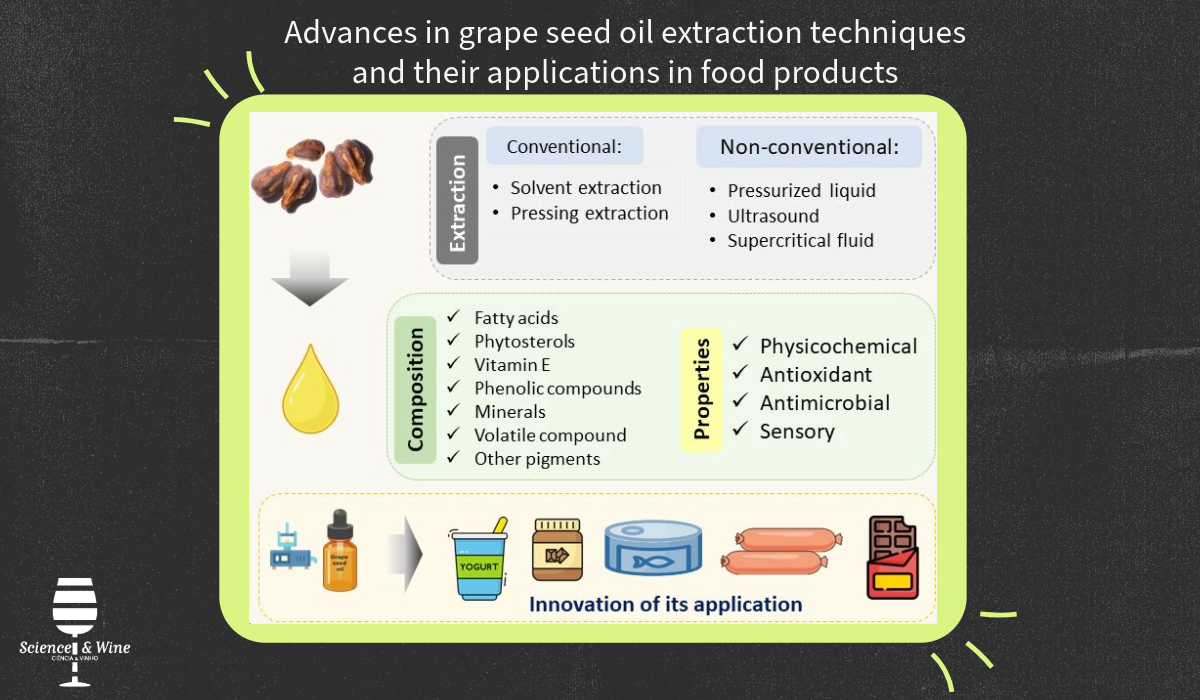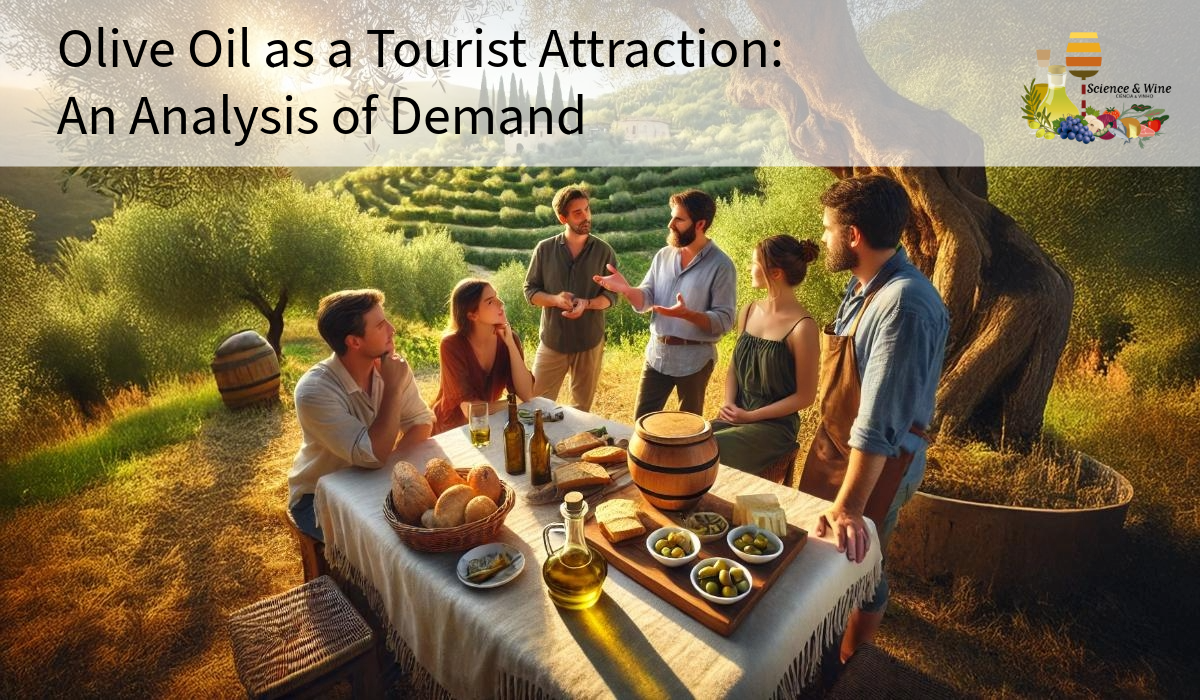The U.S. Surgeon General’s recent advisory highlights the link between alcohol consumption and cancer, identifying it as the third leading preventable cause of cancer in the U.S. While alcohol increases the risk of at least seven types of cancer, the advisory raises questions about treating all alcoholic beverages equally, particularly wine.
Unlike other alcoholic beverages, moderate wine consumption, especially red wine, has been associated with potential health benefits, including reduced risks of cardiovascular diseases and longer lifespans, particularly within the Mediterranean diet. Studies show that moderate wine intake may not significantly increase cancer risk, unlike beer and spirits, and may even offer protective effects under specific conditions.
Public health efforts should aim for realistic, evidence-based policies. Prohibiting alcohol entirely is impractical, but encouraging moderate, mindful wine consumption within a balanced diet could help reduce harm while respecting cultural traditions. Education, not prohibition, is key to empowering individuals to make informed health decisions










